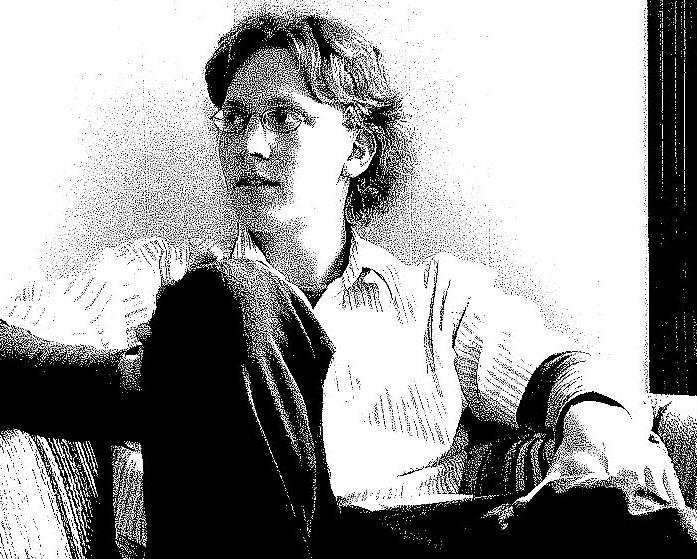Monday, July 31, 2006
Sunday, July 30, 2006
previous post extended
Maybe it is, but it doesn’t mean you can’t create meaning! There is no principle question in life, there is no great answer, and it’s not our failure that we can’t answer the one thing we think we should be able to. It is, however, our failure that we think we should have to answer it.
It seems funny that the persuit of happiness should be so hard for so many people, including myself. It seems like such a clouded subject, both the persuit and the happiness itself. Odd something so fundamental to the functioning of life is so complicated... why is that? Now that is a good question.
The first wedding of the rest of my life
Dramatic, isn’t it? No, it’s not my wedding, it’s Shie and Leigh’s wedding, two Peace Corps volunteers that met here and got married. I want to say congratulations and numai bine, un viitor lung impreuna, plin de dragoste si intelegere.
This was the first wedding I’ve ever actually enjoyed. It’s also my first wedding of my generation, with my friends, in which I felt comfortable with the majority of the people in the room. I’ve never danced before, hell, I don’t even know how, but I danced. I whooped and hollered. I felt truly moved by their vows and their nervousness, a sort of lack of professionalism compared to your average wedding that didn’t indicate a whimsical love, but a couple so excited to see look in each others’ eyes they sometimes trip over their own two feet.
This is one of the few occasions in which I felt I couldn’t have enough fun. I didn’t sulk. I didn’t think about what other people were thinking, I don’t I really had the time to consider it. People have always had a hard time describing what they like about dancing to me, I never accepted “it just feels fun” as a good enough answer, but I’ll tell you what I liked: I like holding other people’s hands; I like running and moving in a way that makes sense, following a beat of something; I like seeing girls at their physical best; I liked seeing other people happy too.
Before when I tried dancing, people always said “just let yourself go, and you’ll start feeling good”. Well, I couldn’t, I don’t work that way. I just wondered what does this mean, a bunch of people wiggling around in a way that you would never do on the street, you would never see anywhere? It seemed like a big institution that faded away with any real thought, like a two dimensional building seen from the side. I always tried to dance thinking that happiness would just come, “feeling good” would start as if someone pushed a button, but that’s not how it works either. Not thinking is not the solution to happiness; in fact, the very opposite is true. Think, focus on the music, pay attention to everything around you that makes you happy.
The Moldovan dance the Hora really helped me out. It’s a dance you do in a circle, similar to Jewish dances, and it’s something that I can do. I can focus on moving to the music, I can move my arms in a consistent motion, I can look across from me and see how what I’m doing is making: a big, pulsing circle of people!
Saturday, July 29, 2006
Where is Moldova's real John Galt????
When I go back to the US, I'm going to take a long hard look at what it represents. I don't think I've ever really looked too closely, but I hope that if I do I'll find something that I'd like to live in. I hope we don't ignore responsability, victimize ourselves so that we can wallow in our self-pity, or ignore facts with the hope that they will go away (or don't exist) if we do so. I hope we're moving in the right direction, and that no one is defining that direction except the people who refuse to accept the fear, lies, and self-victimization.
Thursday, July 27, 2006
less trips down the valley
I want to preface this by saying that I, more than your average guy, am a direct product of my surroundings (both in time and place). If I watch someone build greenhouses and grow tomatoes for a living, I think that I should do so to; if I play Civilization III a lot, I tend to think as if I were Abraham Lincoln in control of the Americans; if I read a book, I tend to think in the style of the writer and judge the world through his eyes. Having said that, I have been reading Atlas Shrugged by Ayn Rand (like it or not) and have found it extremely relevant to






